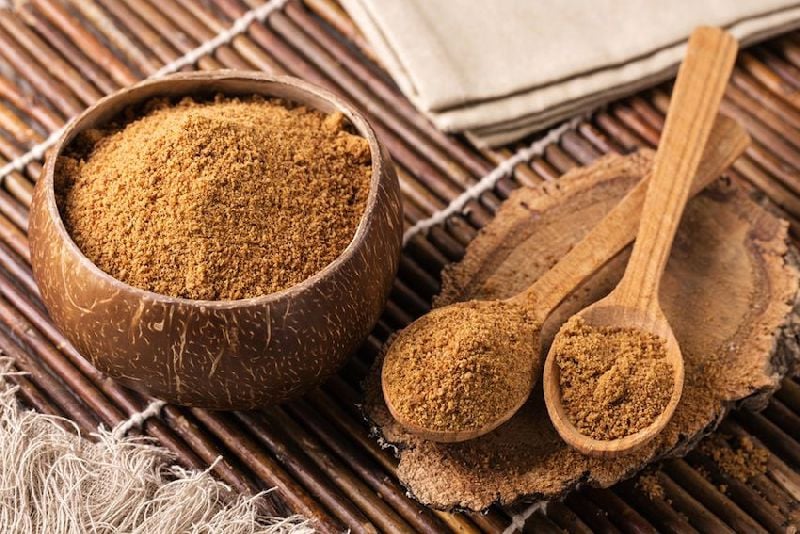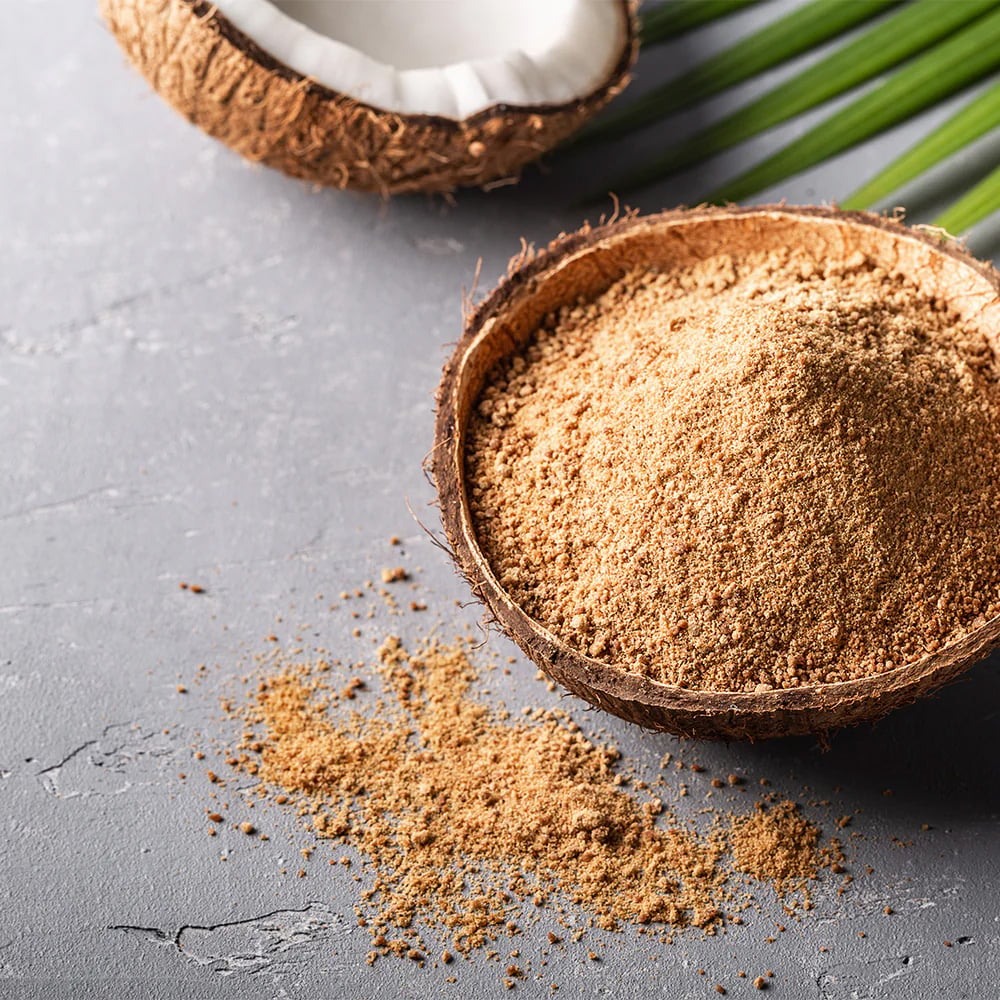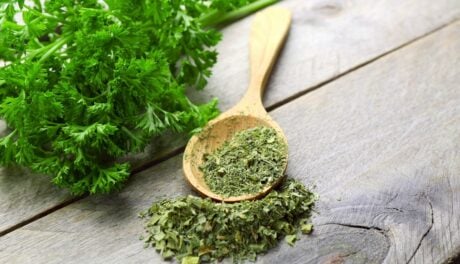
Coconut sugar is one of the most popular alternative sweeteners on the market at the moment. Along with alternative sugar sources like maple, dates, and beets, coconut is allowing the culinary world to sweeten things up in a much more environmentally sustainable and healthier manner.
And while coconut sugar has been a common culinary ingredient in Southeast Asian countries like Thailand, Indonesia, Myanmar, and Cambodia for decades, its popularity is now well-established in the global ingredient market.
Coconut: a history of reliable ingredients
Coconut’s naturally sweet taste has made it a staple in the confectionery industry. And through the years, it’s proven to be a reliable ingredient source no matter how the world around it evolves. Just look at the century-old legacy of Hong Kong-based Yan Chim See’s homemade coconut candy for proof.
Now run by third and fourth-generation family members, the company that began in 1915 just goes to show that ,“If it isn’t broken, don’t fix it.”
Still sticking to the 107-year-old recipe that’s been passed along from generation to generation, the company has stayed true to the grassroots origins of the company, finding new ways to explore coconut ingredients without altering the product with which the journey began.
While their catalog has expanded to include other coconut products – including egg rolls, juice, coconut chips, and a variety of other snacks, and even working on a coconut-themed buffet for Hotel Icon – the signature coconut candy remains untouched.
While Yan Chim See’s success has something to say about the rewards that can be reaped from dedication to a singular vision, it’s also a reminder of just how sustainable the coconut market has been over the years.
But as you probably know by this time, you don’t have to rely on a century-old recipe to get the best side of coconut’s sweet side. That’s what coconut sugar is there for.
How is coconut sugar produced?
Unlike most coconut products, coconut sugar isn’t made from the actual coconut fruit, but rather from the sap of the tree.
The water-like sap, which is made up of water (80%), sucrose (15%), and minerals (5%), is boiled until the moisture evaporates and leaves behind a thick congealed sweet syrup. This syrupy substance is further dried and worked into a fine powder, the coconut sugar you’re familiar with.
This rather straightforward process is one of the top reasons why coconut sugar is gaining ground as a far more environmentally sustainable and eco-conscious alternative to heavily refined sugars.
Thanks to the shorter refinement process, coconut sugar is a far more traceable product that can verify its origins and process more easily. With the sugar industry still under scrutiny for its ,use of animal byproducts, such as bone char, this verification is an important consideration for brands that are conscious of the greater social issues their audience is keeping an eye out for.

What are the nutritional benefits of coconut sugar?
While coconut sugar is still a sweetener filled to the brim with glucose and fructose, it’s worth noting that coconut sugar is made up of just 80% sucrose, with the remaining product consisting of minerals and fibers.
It’s this 20% of additional mineral and fiber content that gives coconut sugar the one up nutritionally.
- Coconut sugar falls lower on the glycemic index than regular table sugar, coming in at between 35 and 54, while ,white sugar has a GI of 58-82.
- This lower GI is possibly due to the presence of inulin, a fiber that slows down the absorption of fructose in the bloodstream and supports gut health.
- Due to its shorter refinement process, coconut sugar also retains more minerals such as iron, zinc, calcium, and potassium.
The shorter refinement period means that coconut sugar is not only a more sustainable product but also a more nutritional one.
Coconut sugar’s ,medicinal benefits have been linked with battling the effects of cancer, anemia, constipation, bacterial infections, and night blindness, and improving intestinal health, bone health, and cardiovascular health.
How is the coconut sugar market predicted to grow?
The Allied Market Research study “,Coconut Sugar Market” estimated that the coconut sugar market would grow at a CAGR of 5.5% from 2022 to 2031.
With new initiatives and subsidies springing up to ,support the exploration of new agricultural possibilities in coconut cultivation, especially among youth and new farmers, that number may increase even further.
Along with the steady growth of the entire coconut-based product family, coconut sugar is an ingredient that you can rely on. And as an ingredient that is harvested year-round, it’s one whose supply won’t let you down.
Are you ready to sweeten the deal for your consumers?
If you haven’t already explored the possibilities of coconut sugar and other coconut sweeteners in your product range, schedule a call with us and we’ll show you how sweet the future can be.
And if you’re on the hunt for other products besides coconut, take a peek at our catalog too!










